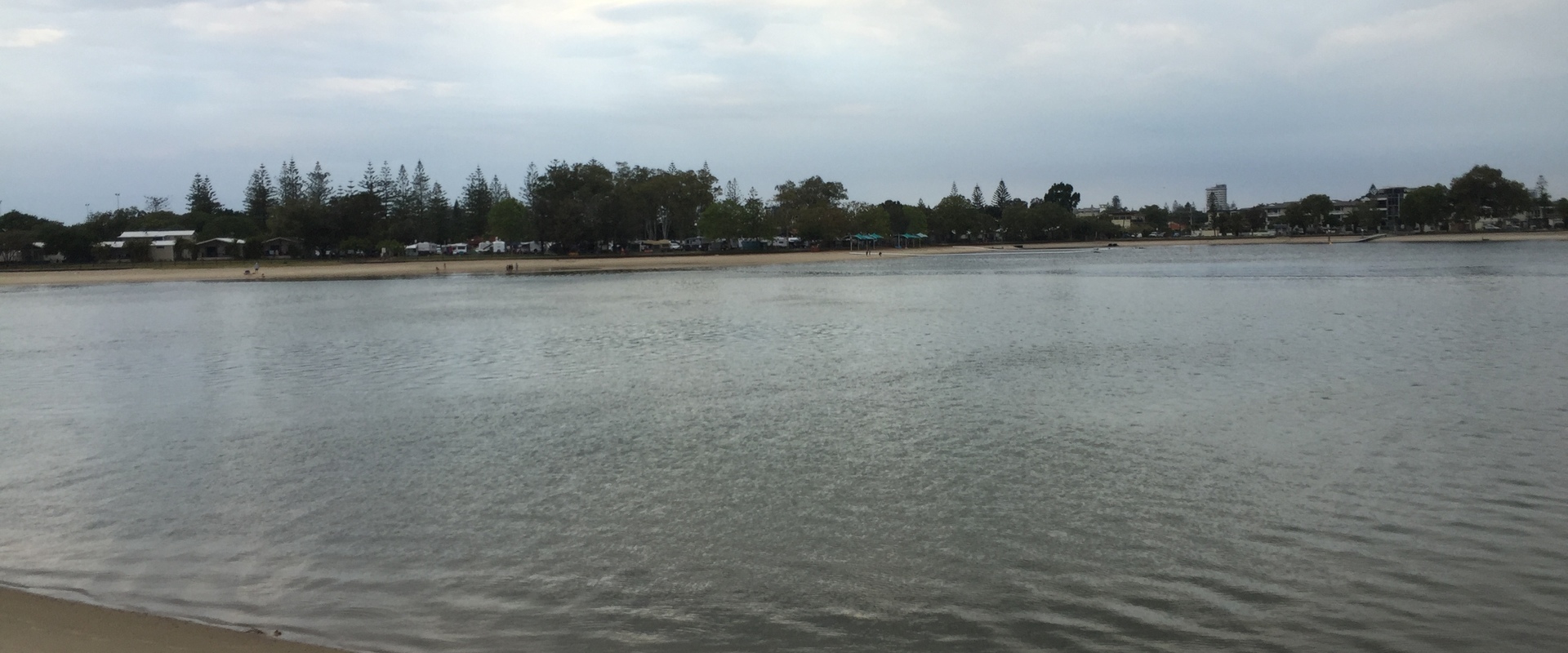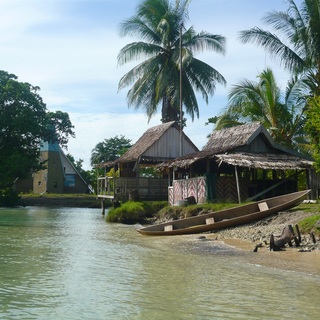Requirements
We were engaged by the Gold Coast City Council to undertake a consultancy to provide technical assistance to identify the key risks from climate change across the local government area and to test the readiness of the City to sustain or adapt to the impacts of key climate change parameters such as sea level rise, increased flooding and increased storms and hazard events.
In particular, the study sought to consider and suggest outcomes that might be delivered by the local government planning scheme to drive adaptation to climate change in the City.
Solutions
- Strategic planning;
- Local climate change science review;
- Development of climate change adaptation actions and strategy; and
- Expert engagement and facilitation.
Benefits
Working with project partners HASSELL, the study involved: a desktop review of approaches to adaptation planning undertaken by other local governments in Queensland and across Australia; and a review of how the current planning scheme and other planning programs administered by the Council address climate change issues and how they were planning to deal with future climate change risks.
The study carried out a series of interviews with senior Council planning staff. The results of these interviews were a substantive input to the review process as well as capturing the diversity of views and approaches to dealing with future climate change. The study report provided the key findings as well as a ‘blueprint’ to assist Council in mainstreaming climate change issues into various planning frameworks.




